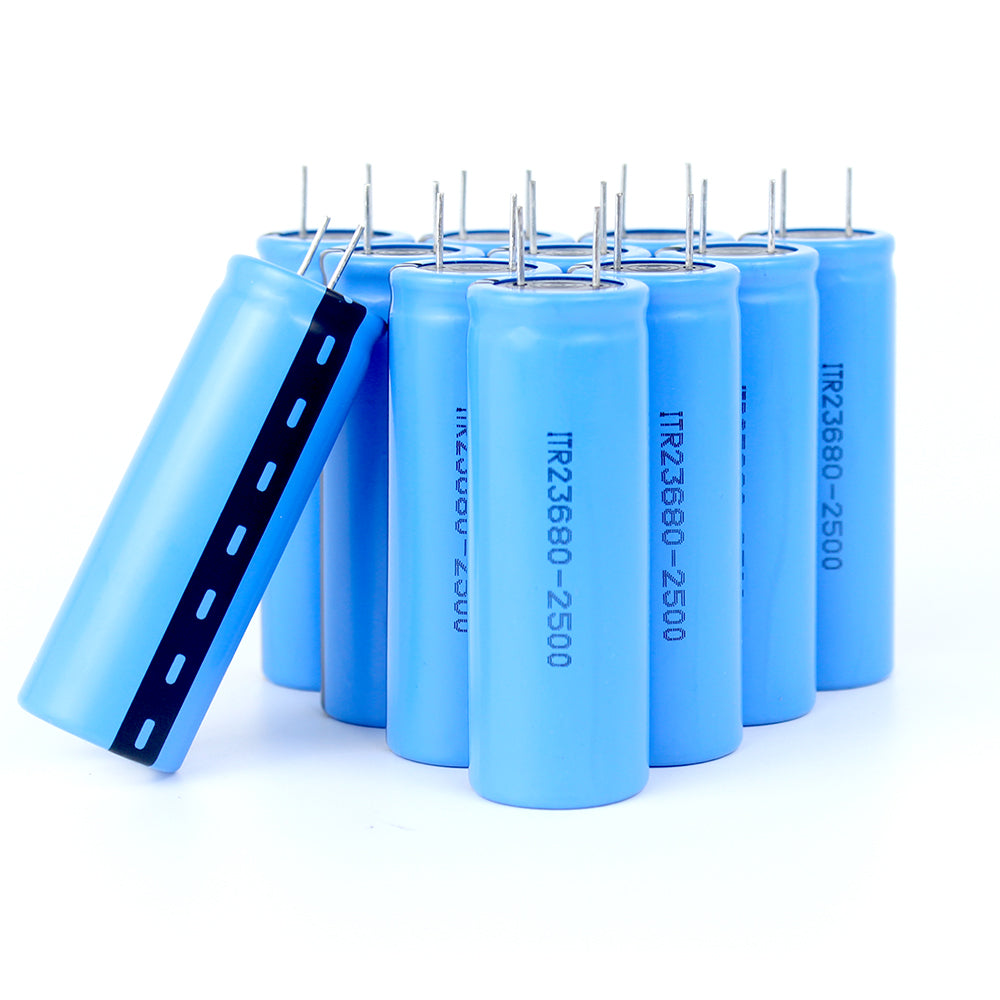
Lithium-Ion Batteries: The Heart of the New Energy Era
Share
As the global demand for clean and renewable energy sources continues to rise, new energy lithium-ion batteries have emerged as a pivotal technology in meeting this demand. These batteries, commonly referred to as LIBs, have revolutionized energy storage solutions, paving the way for a more sustainable and efficient energy future.
Importance of New Energy Lithium-Ion Batteries
The importance of new energy lithium-ion batteries lies in their ability to store and release energy in a highly efficient and environmentally friendly manner. Compared to traditional battery technologies, LIBs offer several key advantages:
- High Energy Density: Lithium-ion batteries can store significantly more energy per unit weight and volume. This allows for longer runtimes and reduced weight in applications such as electric vehicles and portable electronics.
- Long Lifespan: Lithium-ion batteries have a longer cycle life than many other battery types, meaning they can be recharged and discharged more times without losing performance. This reduces the need for frequent replacements, lowering overall costs.
- Environmental Friendliness: Lithium-ion batteries are made from recyclable materials, and their manufacturing process produces fewer emissions than traditional batteries. Additionally, their use reduces reliance on fossil fuels, further contributing to environmental sustainability.
Application Background of New Energy Lithium-Ion Batteries
The application background of new energy lithium-ion batteries is vast and diverse. Some of the key areas where LIBs are finding increasing use include:
- Electric Vehicles (EVs): Lithium-ion batteries are the primary energy storage solution for EVs, enabling them to travel long distances without emissions. As EV adoption continues to rise, LIBs are playing a crucial role in decarbonizing transportation.
- Smartphones and Portable Electronics: Lithium-ion batteries power our smartphones, laptops, and other portable electronics, allowing us to stay connected and productive on the go. Their high energy density and long lifespan are ideal for these applications.
- Renewable Energy Storage: With the increasing deployment of solar panels and wind turbines, lithium-ion batteries are being used to store the energy generated during peak hours and release it during off-peak hours. This helps balance the grid and ensure reliable energy supply.
- Grid-Scale Energy Storage: Lithium-ion batteries are also being deployed at the grid level to provide backup power during emergencies and support the integration of renewable energy sources into the power grid.
